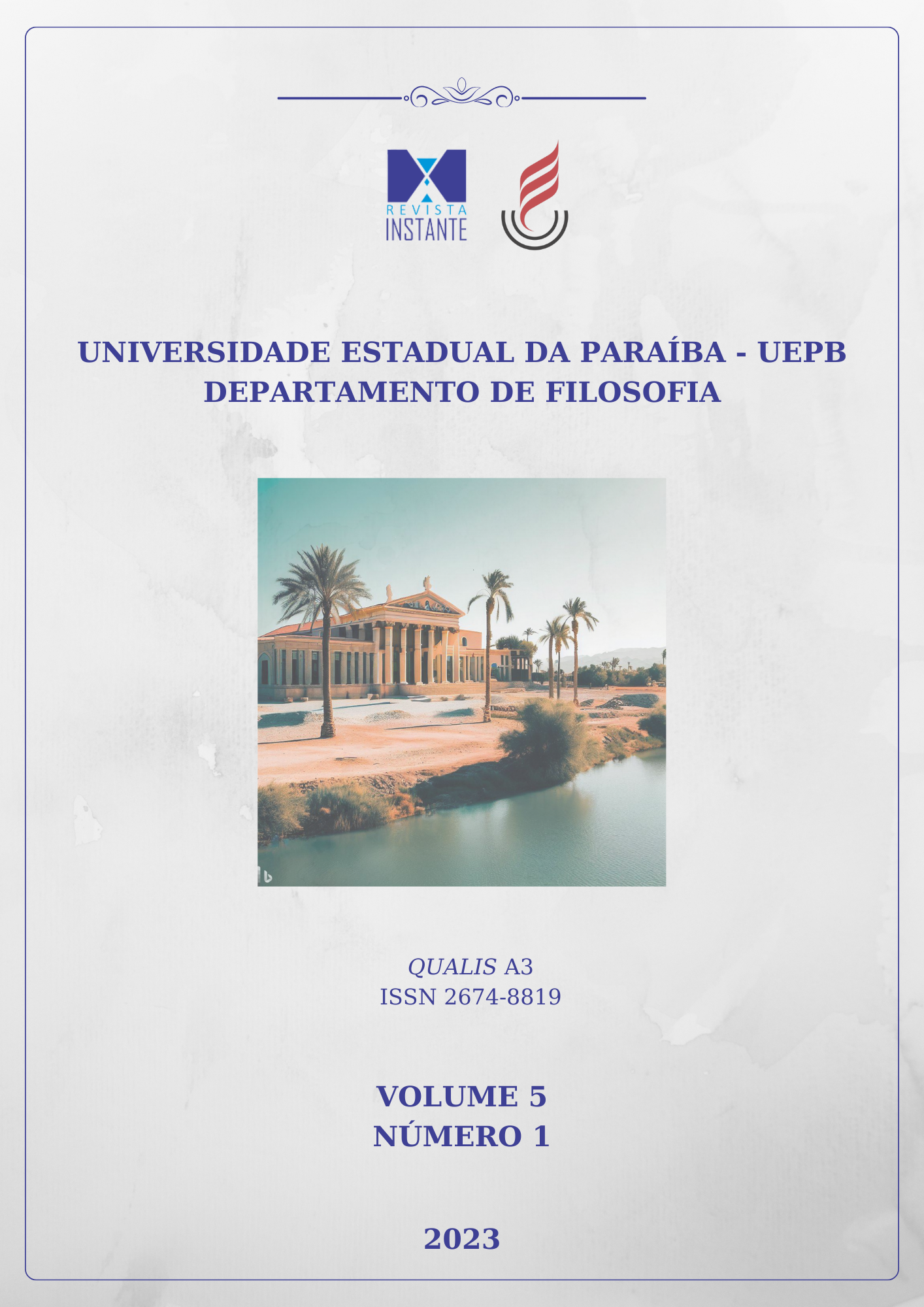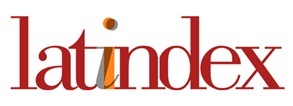HOBBES E ROUSSEAU CONTRA "BEHEMOTH"
Palavras-chave:
Rousseau, Hobbes, Relações Internacionais, Guerra, ModernidadeResumo
Desde a antiguidade, preocupações em torno da origem, importância e função da guerra já eram objeto de estudo e controvérsia. Heráclito e Empédocles, por exemplo, atribuíam valor cósmico ao conflito, tratando-o como fator dominante na economia do universo. O primeiro entendia a guerra como mãe e rainha de todas as coisas, afirmando que é a partir dela que tudo é gerado e destruído; o segundo a caracterizava como uma força agindo continuamente na dissolução de elementos constitutivos do mundo. Tucídides e Xenofonte, mais adiante, posicionaram-na como um acontecimento ligado à vida humana, à história das sociedades. Já Platão, em A República, preocupou-se em buscar a origem do movimento que levava à guerra. Nesse sentido, asseverou que as paixões humanas seriam responsáveis por tal mal, acrescentando uma reflexão sobre a natureza humana ao debate. A análise parte da investigação do homem e sua natureza até chegar à história das sociedades. É esse fio interpretativo que alguns pensadores pós Renascimento irão percorrer na tarefa de construir uma bellum doctrina. Para este trabalho, nos debruçaremos em dois deles: Thomas Hobbes e Jean-Jacques Rousseau. Fazendo um estudo comparativo, cujo recorte temporal é a Modernidade, buscaremos expor de que maneira o tema da guerra surge e se desenvolve no interior de algumas das principais obras políticas dos dois autores: De Cive e Behemoth ou o longo parlamento, de Hobbes e Instituições Políticas de Rousseau. Pontuando divergências e convergências entre seus pensamentos, nossa intenção é tentar compreender a problemática e suscitar reflexões acerca de uma realidade a qual estamos inescapavelmente submetidos: uma existência continuamente ameaçada pela violência.
Referências
AUBREY, John. Aubrey’s Brief Lives. Jaffrey (New Hampshire): Nonpareil Books, 1999.
Biblia de Jerusalém. São Paulo: Paulus, 2002.
BECKER, Evaldo. Rousseau e as relações internacionais na modernidade. Cadernos de Ética e Filosofia Política, São Paulo, n. 16, 2010b. p. 13-32.
CLODFELTER, Michael. Warfare and armed conflicts: a statistical encyclopedia of casualty and other figures, 1492-2015. McFarland, s.d.
DIDEROT, Dennis. Enciclopédia, ou dicionário razoado das ciências , das artes e dos ofícios. Vol. IV. São Paulo: Unesp, 2015.
Os pré-socráticos. In. Coleção Os Pensadores. São Paulo: Abril Cultural, 1973.
HOBBES, Thomas. Behemoth or the long parliament. London: Simpkin, Marshal, and Co., 1889.
—. De Cive. São Paulo: Martins Fontes, 2002.
—. Eight bookes of the Peloponnesian Warre written by Thucydides the sonne of Olorus. Interpreted with faith and diligence immediately out of the Greeke by Thomas Hobbes secretary to ye late Earle of Deuonshire. London, 1629.
—. Leviatã ou matéria, forma e poder de um estado eclesiástico e civil. In. Coleção Os Pensadores. São Paulo: Abril Cultural, 1979.
—. Os elementos da lei natural e política. São Paulo: Martins Fontes, 2010.
NASCIMENTO, Milton Meira do. “Rousseau: da servidão à liberdade.” Em Clássicos da Política. v. 1, por F.C. (org.) WEFFORT, 187-200. São Paulo: Ática, 1989.
ROUSSEAU, Jean-Jacques. Emílio ou Da Educação. São Paulo: Martins Fontes, 2004.
—. Oeuvres Complètes, t.III. Paris: Pléiade, 1964.
—. “Princípios do direito da guerra.” Revista Trans/form/ação. Marília, 2011.
—. Rousseau e as Relações Internacionais. São Paulo: Imprensa Oficial, 2003.
—. Rousseau: escritos sobre a política e as artes. São Paulo: UBU, 2020.
SKINNER, Quentin. Hobbes e a liberdade republicana. São Paulo: UNESP, 2008.
SOUKI, Nadia. Behemoth contra Leviatã: Guerra civil na filosofia de Thomas Hobbes. São Paulo: Edições Loyola, 2008.










